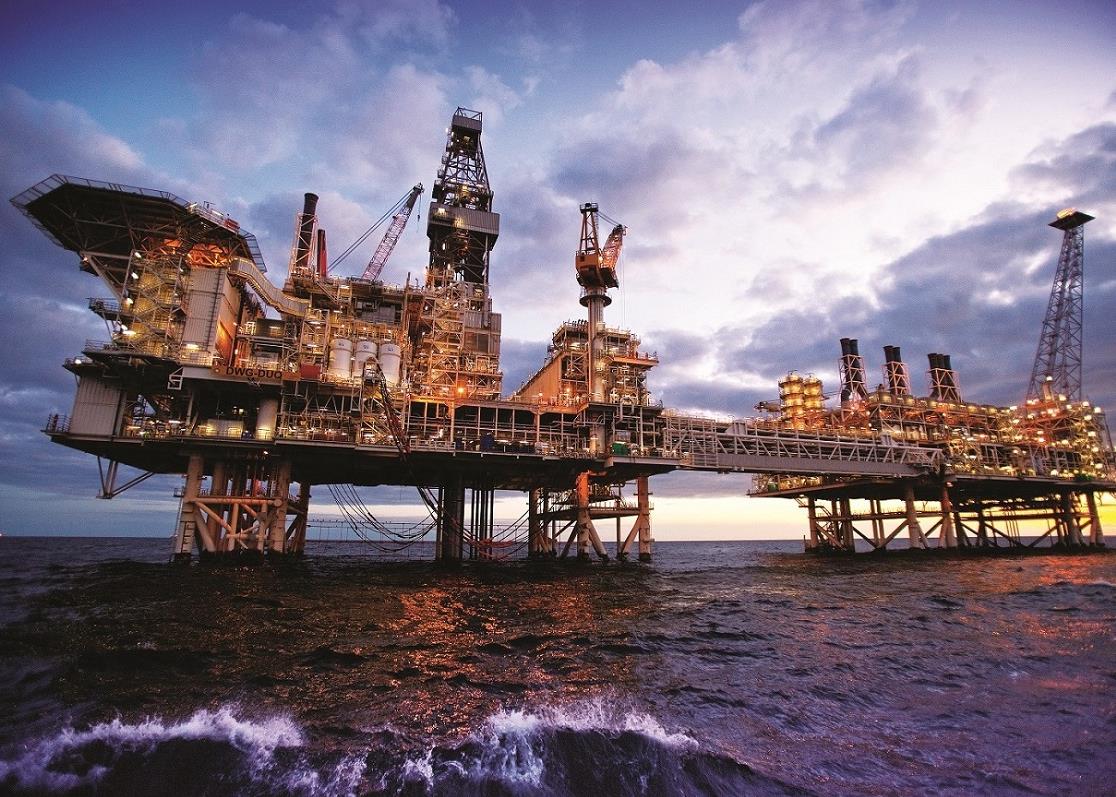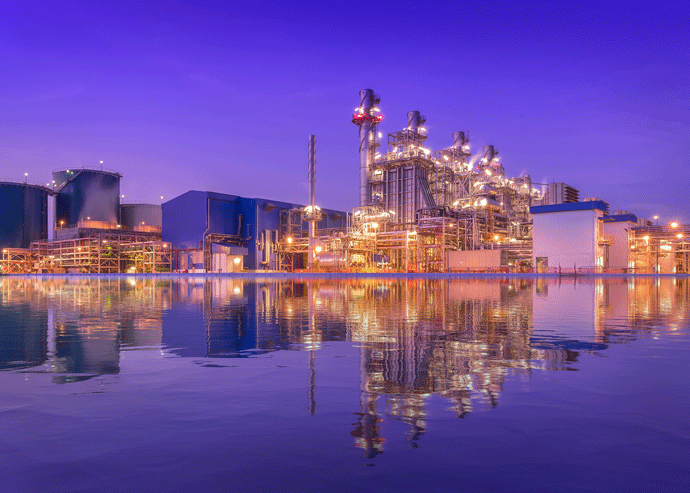
Big schemes have seen progress in recent months despite heightened tensions in the country
Over recent months, the Kuwaiti political scene has been thrown into disarray by allegations that senior judges were involved in a multibillion-dollar corruption scandal, but in the short term the increase in tensions is unlikely to further delay major oil projects.
Angry reaction
In the wake of the allegations, thousands took to the streets to protest, an opposition leader was temporarily imprisoned and the prime minister and a former oil minister filed lawsuits demanding an investigation. The angry reaction has also seen Kuwaits cabinet adopt what it describes as an iron fist policy against those it sees as trying to undermine the countrys stability.
Despite the drama, those involved in Kuwaits oil sector say the climate remains relatively conducive to pushing through major projects.
| Major oil and gas projects | ||||
|---|---|---|---|---|
| Project | Client | Status | Value ($m) | End date |
| Central region oil shale development | Eesti Energia/YTL Corporation/NEI | Study | 6,000 | 2022 |
| Port of Aqaba liquefied petroleum gas terminal | Ministry of Energy & Mineral Resources | Execution | 1,000 | 2016 |
| Hamza oil field redevelopment | Natural Resources Authority | Study | 800 | 2019 |
| Amman strategic reserve terminal for petroleum products | Ministry of Energy & Mineral Resources | Execution | 400 | 2016 |
| Port of Aqaba liquefied natural gas terminal | Aqaba Development Corporation | Execution | 100 | 2015 |
| For further information visit www.meed.com/meedprojects | ||||
Were seeing the CEOs of Kuwait Oil Company (KOC) and Kuwait National Petroleum Corporation in regular meetings. They seem bullish and are moving ahead with contracts at all costs, says one senior diplomat. Theyve got the urgency needed to get these projects going simply because of the cost of Kuwaiti oil and the political imperative.
Over the past decade, several large oil projects have struggled to get off the ground due to opposition from parliament, but in recent months some of these have seen significant progress.
In April 2014, contracts were issued for $12bn-worth of work on the Clean Fuels Project to expand and upgrade the Mina al-Ahmadi and Mina Abdullah refineries. The $14bn New Refinery Project to build a refinery and port in south Kuwait has seen billions of dollars-worth of packages tendered in recent months after years of delays.
The $4.2bn Lower Fars heavy oil project is also seeing renewed momentum with KOC currently evaluating bids. The field development was originally set to take place six years ago after the US Exxon Mobil signed an agreement with KOC in October 2007, but the deal fell apart in the wake of the financial crisis.
Business climate
Kristian Coates Ulrichsen, an associate fellow at London-based Chatham Houses Middle East and North Africa programme, says the environment for business and government contracts is better than it has been for a long time. Disruption from the protests hasnt made an impact on the decision-making process on big projects. At the moment, delays are less likely as the parliament is pro-government, but this wont last forever, he says.
What remains to be seen is whether the current business climate will last long enough to see the New Refinery Project and Lower Fars scheme through to execution.
Minister of oil: Ali Saleh al-Omair
Key contact: Kuwait Petroleum Corporation
Tel: (+965) 1 85 85 85
Web: www.kpc.com.kw
You might also like...

Adnoc Offshore awards Upper Zakum contract
17 April 2024

Oman awards Batinah coastal road contract
17 April 2024

Oman appoints Al Khuwair Downtown project manager
17 April 2024
A MEED Subscription...
Subscribe or upgrade your current MEED.com package to support your strategic planning with the MENA region’s best source of business information. Proceed to our online shop below to find out more about the features in each package.









